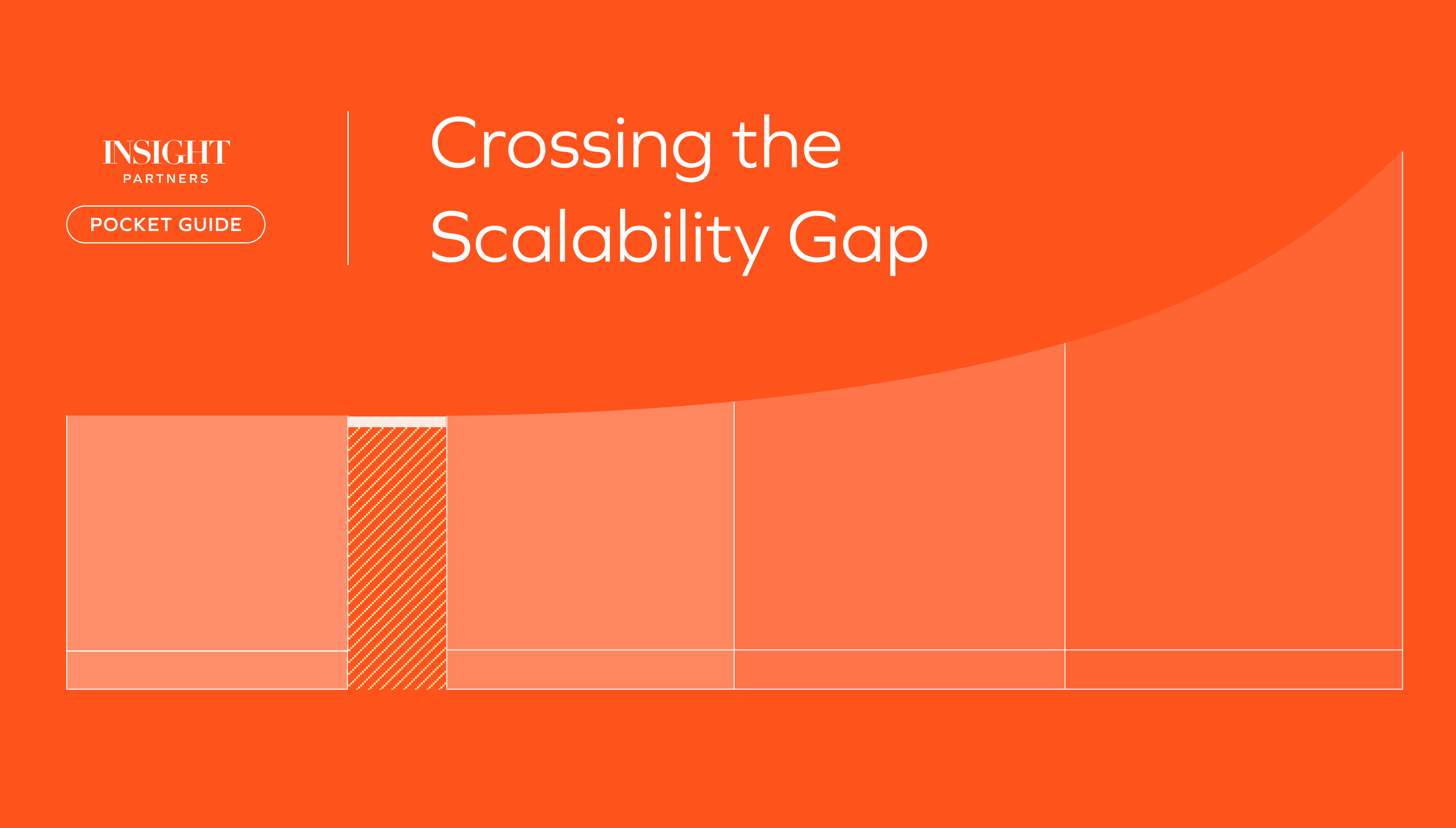How can a fractional CFO help accelerate growth for startups and scaleups?

For early stage companies, the steady hand of an experienced Chief Financial Officer (CFO) can be hugely beneficial. However, getting someone on board who can offer genuine expertise is easier, and cheaper, said than done.
This is where a fractional CFO — i.e. an experienced CFO that joins your company on a part-time or contract basis — can be of great help.
Fractional vs full-time CFOs
In later-stage scaleups, the CFO is often seen as a critical role. However, earlier-stage companies can still benefit immensely from their experience, and instilling early on the structure and expertise they bring can be game-changing, especially during critical or challenging times.
But why not hire a full-time CFO?
CFOs are expensive
Top-level CFOs understandably command top-level salaries — the US average can range anywhere from $150,000 upwards of $400,000+, depending on industry and location. By hiring a fractional CFO, startups can benefit from lean injections of expertise without the full-time headcount commitment of a CFO salary.
The CFO role changes a lot from stage-to-stage
Over the lifecycle of a company, the role of a CFO changes arguably more than any other in the business. A fractional CFO is a great way to plug the gap as you establish those requirements, and also allows you to utilize specific expertise just when they can be most impactful.
Why CFOs can be invaluable for early stage companies
Fundraising expertise
One of the ironies of most downturns is that it’s the startups that don’t need capital that find it easiest to come by.
So for early stage startups, attracting investment has to be about clearly demonstrating that they have an iron grip on every dollar and are spending each one effectively to map out a quantifiable path to growth.
The hiring of a top-tier fractional CFO will not only help you forge that iron grip, providing you with robust numbers and financial planning but will demonstrate that you care about doing so.
Plus, it’s also likely they’ll have existing VC contacts you can utilize.
Most CFO-less startups should look to have someone in place at least six months away from a raise. This will give you enough time to build out a sophisticated enough finance function.
Accelerating growth
With the market correction back to pre-pandemic times and threatening recession, your job as a founder is a lot harder than it was two years ago. Along with a more challenging fundraising environment, the wider economy will impact your ability to grow the company. This requires expert navigation.
An experienced CFO can take control of the financial function, provide expertise and help you make financially sound growth decisions – all while giving you time to focus and innovate.
Managing growth and expectations
Growing too fast can be to the detriment of some startups – especially if founders lack the experience to know what to do with that growth. A seasoned CFO can guide you through the growth stage, making sure you’ve got the right capital in place and that it’s being used in the most impactful way. What’s more, the sustainable growth path, as opposed to growth-at-all-costs, becomes paramount in worsening or uncertain economic times.
A seasoned CFO can also provide an outside perspective. Many of today’s early-stage companies will have been born amidst a very different fundraising environment. As a founder, hearing those numbers can be understandably hard to stomach when you consider what was available just 18 months ago. A fractional CFO is in a great position to speak honestly about the pros and cons of a deal.
Finding the right CFO
The hardest part of hiring a fractional CFO is finding one that’s right for your startup. Not all CFOs are created equal or, at least, are the right fit for every startup. So, founders must ask themselves these three questions:
Do they know your stage and round size?
The logistics of a $100 million and $2 million raise are very different, just as they are between growth and later stage rounds. If you’re raising soon, consider which companies your CFO has worked with in the past and at what stage they worked with them.
Do they know your model?
Certain business and sales models have very specific capital requirements. “Traditional” SaaS vs usage-based SaaS vs payments-driven, for example. You need a CFO who understands what you’re building and why.
Are they a good match for you?
One of the biggest benefits of a fractional CFO is how much work they can take off a CEO’s plate. However, a lot of their work will still be carried out together — it’s essential your working styles fit and complement each other.
Key takeaways
- A fractional CFO can be crucial for early-stage startups. They can help free up the CEO’s time while bringing valuable expertise and structure to the table.
- With challenging market conditions testing many companies, investors are looking for startups they can trust. A fractional CFO can help you clearly demonstrate credibility in your financial planning, and demonstrate how you are spending every dollar effectively for your stage of growth.
- When it comes to choosing a fractional CFO, founders need to consider candidates’ history and experience. Have they been on a journey like yours before?







